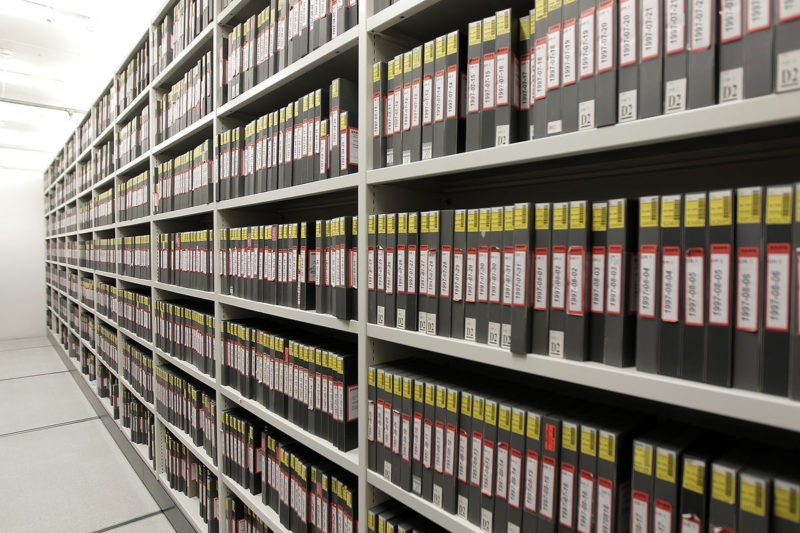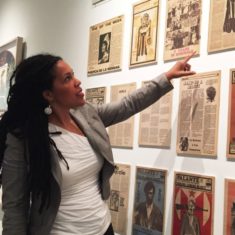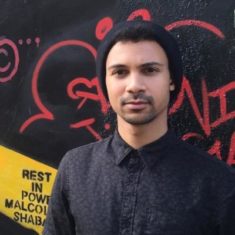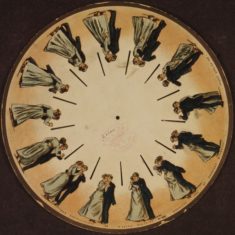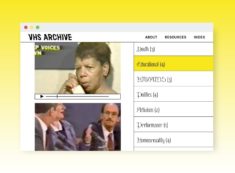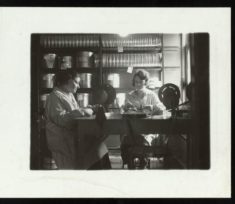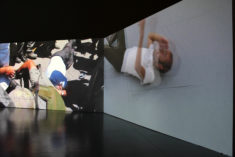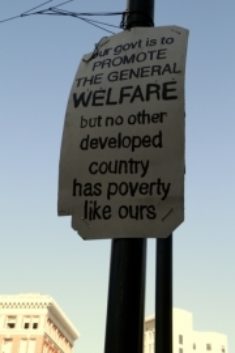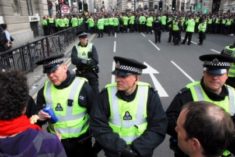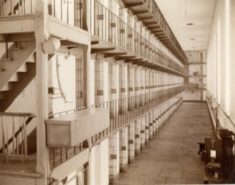About the event
The widespread adoption of body-worn cameras by police officers nationwide has generated nearly equal amounts of kudos and critique. On the one hand, bodycams are hailed as a tool for restoring public trust and increasing accountability and transparency for law enforcement agencies, especially those with a history of civil rights violations. On the other hand, bodycams are decried as part of a slippery panoptic-society slope, invasive of privacy and ineffective as a check on state power. These debates invoke the two-faced Roman god Janus, patron of archives, doorways, and transitional states--and they also largely fail to engage the question of what it means to create and provide long-term access to public records in digital video and other formats that are challenging, costly, and complicated to preserve.
This panel discussion will bring together archivists, activists, and law enforcement agency experts to discuss the challenges of keeping video evidence, and the multiple readings of such evidence in the public and judicial spheres. They will provide historical context for the use of recorded media as evidence in the courts, considerations for ethical use of material that can be violent, disturbing, or otherwise harmful to its viewers and subjects, and a review of the scope and limitations of the open records request process as it applies to new video materials.
For a list of suggested readings, click here.
This event is presented as part of Mediating the Archive, an interdisciplinary research group that focuses on how archival studies dovetail with the scholarly and artistic legacy of queer activism through visual art, film, digital media, and dance. The group is supported by the Mellon Seminar on Public Engagement and Collaborative Research. For more information or to join, email [email protected].
Cosponsored by the Mediating the Archive Mellon Seminar on Public Engagement and Collaborative Research
